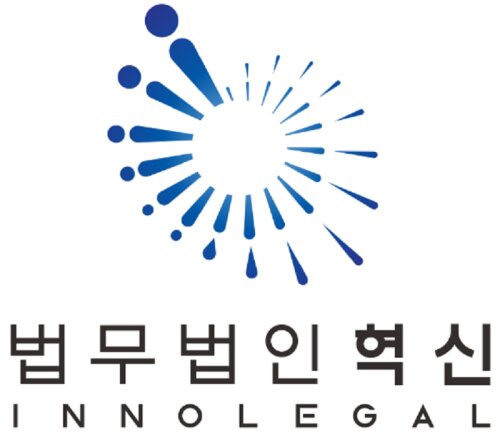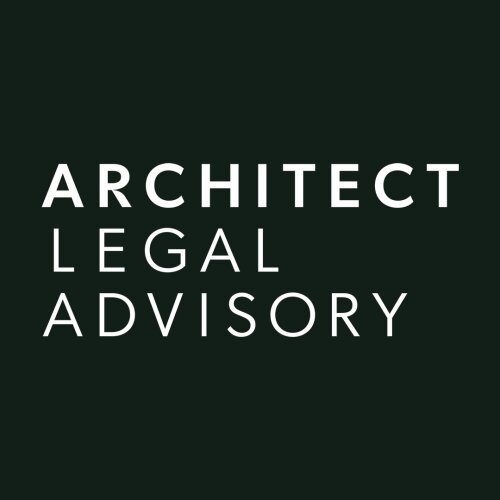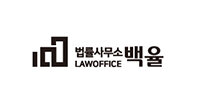Best Due Diligence Lawyers in South Korea
Share your needs with us, get contacted by law firms.
Free. Takes 2 min.
Or refine your search by selecting a city:
List of the best lawyers in South Korea
About Due Diligence Law in South Korea
Due diligence in South Korea pertains to a comprehensive appraisal of a business operation conducted by a prospective buyer, especially to evaluate its commercial potential. It involves an examination of financial records, legal agreements, property, and other crucial assets. It is a critical step in mergers and acquisitions, venture capital investments, and other commercial transactions. In South Korea, due diligence processes are influenced by local business characteristics, regulatory frameworks, and cultural aspects that are unique to the region.
Why You May Need a Lawyer
Due diligence can be complex, requiring a deep understanding of local laws and practices. Here are some common scenarios where you might need legal assistance:
- Mergers and Acquisitions: Legal experts ensure all financial, legal, and operational risks are thoroughly assessed before proceeding with mergers or acquisitions.
- Real Estate Transactions: Conducting due diligence in property deals to verify ownership, zoning laws, and potential liabilities.
- Compliance and Regulatory Issues: Assisting businesses in navigating South Korea's regulatory environment and ensuring compliance.
- Risk Assessment: Identifying potential risks associated with new partnerships or business ventures.
- Intellectual Property Concerns: Evaluating the value and protection levels of intellectual property portfolios.
Local Laws Overview
Due diligence in South Korea is governed by various legal frameworks and regulations, including:
- Corporate Law: Governs the structure and operation of businesses, impacting mergers and acquisitions.
- Antitrust and Competition Law: Ensures fair competition and prevents monopolistic practices, crucial for mergers and acquisitions.
- Taxation Laws: Understanding local taxation rules is vital to assess the financial health of a business.
- Employment Laws: Involves assessing labor contracts and employment risks.
- Environmental Regulations: Any transaction involving industrial or commercial property may require environmental due diligence.
Frequently Asked Questions
1. What is the importance of due diligence in South Korea?
Due diligence is critical for mitigating risks, ensuring compliance, and making informed business decisions. It protects investors and businesses from potential legal and financial issues.
2. How long does due diligence take in South Korea?
The duration can vary greatly depending on the complexity of the transaction. It can range from a few weeks to several months.
3. What are the key components of a due diligence process?
Common components include financial audits, legal compliance checks, environmental assessments, and evaluation of business operations.
4. Can due diligence uncover hidden liabilities?
Yes, comprehensive due diligence aims to reveal any hidden liabilities or risks that the business might carry.
5. Do I need a local expert for due diligence in South Korea?
Engaging local experts, especially legal professionals familiar with South Korean laws, is recommended to navigate local regulatory environments effectively.
6. What role does the government play in due diligence?
The South Korean government enforces regulations that businesses must comply with, and it provides a legal framework within which due diligence must operate.
7. How is confidentiality maintained during due diligence?
Confidentiality agreements are commonly used to protect sensitive information exchanged during the due diligence process.
8. What are the consequences of inadequate due diligence?
Inadequate due diligence can lead to unforeseen legal, financial, and operational issues, resulting in substantial losses or liabilities.
9. Are there industry-specific due diligence requirements in South Korea?
Yes, different industries may have specific regulations and standards that must be considered during due diligence.
10. What is the cost of hiring a lawyer for due diligence in South Korea?
Costs can vary depending on the complexity of the transaction and the lawyer's experience. It's advisable to discuss fees upfront with legal professionals.
Additional Resources
Below are some resources and organizations that might be helpful:
- Korea Fair Trade Commission (KFTC): Offers guidance on antitrust and competition regulations.
- Ministry of Trade, Industry and Energy (MOTIE): Provides information on trade and industrial policies relevant to business transactions.
- Korean Commercial Arbitration Board (KCAB): Useful for resolving business disputes.
- Local law firms specializing in corporate law: They can provide personalized assistance and advice.
Next Steps
If you need legal assistance in due diligence, consider taking the following steps:
- Research and Identify: Start by researching and identifying law firms or professionals with expertise in due diligence within South Korea.
- Consultation: Arrange initial consultations to discuss your needs and understand their approach to due diligence.
- Request Quotes: Obtain quotes and understand the fee structures before engaging a lawyer.
- Review Agreements: Carefully review engagement letters or contracts before proceeding with any legal service.
- Monitor Progress: Ensure regular updates and maintain open communication with your legal advisor throughout the process.
Lawzana helps you find the best lawyers and law firms in South Korea through a curated and pre-screened list of qualified legal professionals. Our platform offers rankings and detailed profiles of attorneys and law firms, allowing you to compare based on practice areas, including Due Diligence, experience, and client feedback.
Each profile includes a description of the firm's areas of practice, client reviews, team members and partners, year of establishment, spoken languages, office locations, contact information, social media presence, and any published articles or resources. Most firms on our platform speak English and are experienced in both local and international legal matters.
Get a quote from top-rated law firms in South Korea — quickly, securely, and without unnecessary hassle.
Disclaimer:
The information provided on this page is for general informational purposes only and does not constitute legal advice. While we strive to ensure the accuracy and relevance of the content, legal information may change over time, and interpretations of the law can vary. You should always consult with a qualified legal professional for advice specific to your situation.
We disclaim all liability for actions taken or not taken based on the content of this page. If you believe any information is incorrect or outdated, please contact us, and we will review and update it where appropriate.
Browse due diligence law firms by city in South Korea
Refine your search by selecting a city.
















